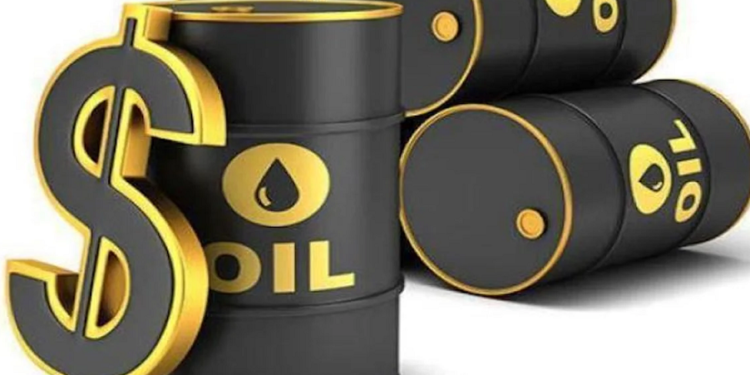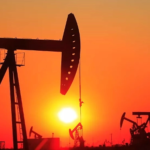Oil prices rose more than 6% on Monday, recovering the losses recorded on Thursday and Friday. Brent Crude rose as high as $41.75 per barrel with U.S Oil Futures – Western Texas Intermediate (WTI) trading as much as $39.72 per barrel.
Nigeria Bonny Light closed at $38.64 per barrel.
The rise in oil prices on Monday is a combination of several factors, including the optimism of the U.S president leaving hospital later on Monday following his positive test to Coronavirus.
On the other hand, China’s Oil Import is slowly returning to normal, rising 2.3% in September compared to August figures according to the data from OilX.
Another possible contributor to the rise seen in oil prices on Monday is the escalation of the ongoing war between Azerbaijan and Amenia, although some oil analysts said the conflict would not have a major impact on global oil supply.
Read also: Financial Responsibility: The basics and how to achieve it
Azerbaijan is the 24th largest crude oil producer in the world and a significant producer of natural gas. Crude oil and natural gas account for over 90% of Azerbaijan’s exports. Its pipelines make it a strategic gateway to oil and gas in the Caspian and a growing source of energy security for Europe.
Azerbaijan has three crude oil export pipelines. The largest is the 1,768-km-long Baku-Tbilisi-Ceyhan (BTC) pipeline, which transports crude and condensates through Azerbaijan, Georgia, and Turkey. It has two main gas export pipelines, including the 693 km South Caucasus Pipeline (SCP) that transports gas from the Shah Deniz field through Georgia to Turkey parallel to the BTC crude oil pipeline, according to the IEA.
However, the rising cases of Covid-19 across Europe present uncertainty in the recovery of oil demand, which is necessary to sustain the high prices.
By; Ifunanya Ikueze
























































